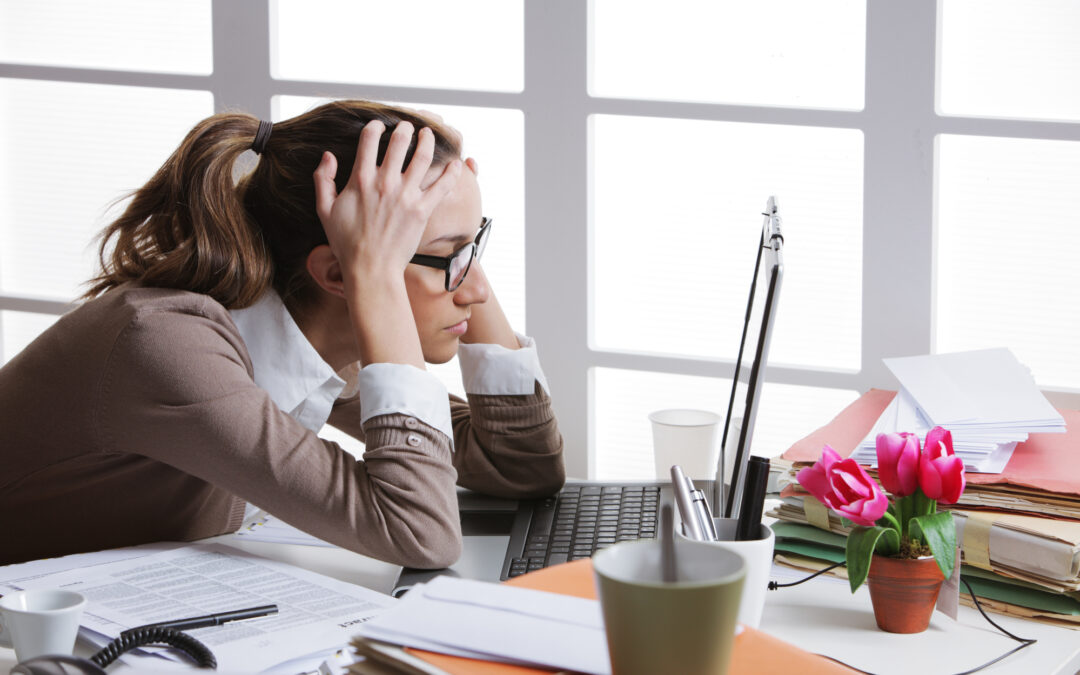During these unprecedented times, it is important that we work extra hard to keep our emotions well managed. It is completely normal to have a lot of mixed feelings, including anxiety or waves of panic. Learning techniques to manage anxiety and actively making an effort to prevent panic contagion can greatly help our emotional health. Creating time for yourself that is screen free and engaged in normal activity can be very calming. It is important to focus on the light in your life and find hope during this time of uncertainty. Mental health experts suggest making a list of what you can and cannot control in your life right now as a way to accept situations and stay positive.
The biggest way to manage anxiety related to the pandemic is staying physically safe from the Covid-19 virus. Social distancing, washing hands, wearing a mask, and staying home when we can, can ease anxiety about contracting the virus. Washing your hands is one of the biggest safety behaviors that decrease transmission. To make sure you are washing your hands thoroughly enough, use the technique of washing them (for at least 20 seconds) as if you touched hot peppers and need to put contact lenses in.
Limiting your exposure to certain types of media can soothe your anxiety. Excessive news reports and visual images about the pandemic can create symptoms that resemble post-traumatic stress disorder and can lead to poor health, even years later. Limit any Covid-19 media exposure to only twice a day and avoid it before bedtime as much as you can. Instead, use this time to talk to others who support you and make you feel safe. Video chats, texting, or phone calls are great ways to keep us connected to our loved ones and hobbies we love to do, such as a book club.
This is a time to be extra kind to yourself. Everyone is sharing a very similar experience, and it is hard for everyone. Reminding yourself that everyone is all in this together can help ease your stress. Helping others in need is a way that can bring more purpose to our well-being. A great way to do this is to donate blood, if able to. The Red Cross is currently facing a severe blood shortage due to the amount of blood drive cancellations that took place during this pandemic.
Physical health can also improve our emotional health. Keeping a routine can relax our brain, as our nervous system enjoys having predictable activity. Change in activities can change our mood, as they are very closely linked. Going to bed at a reasonable time and going outside every day to be active are ways to improve our mood. Nutrition can also improve our mood. While we are inclined to seek foods high in carbs and sugars while stressed, a Mediterranean diet has actually been linked to better mental health and stress resilience. Filling your fridge with fresh and whole foods can help keep you from turning to junk foods.
Working from home is another very challenging outcome of the pandemic that many people must deal with. Accepting that we aren’t going to have the same type of productivity as usual can ease your mind. If possible, reduce your goals for typical work that is not urgent. Confining your workspace to a specific clear area in your home, and controlling the sound in that area, can keep you from personal distractions. Keeping the same workspace every day can help you focus and be productive. At the end of the workday, put your work tools away. It is important to set clear hours in the day for work and keep it separate from personal hours.


